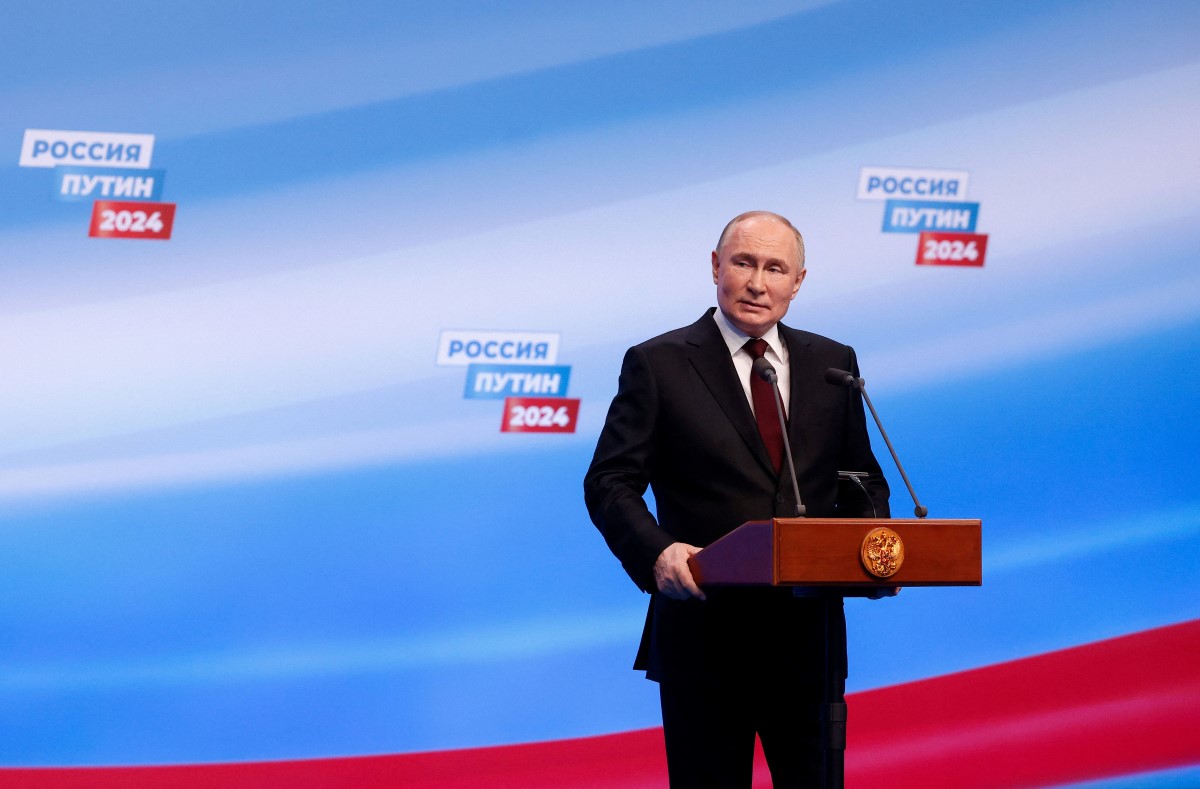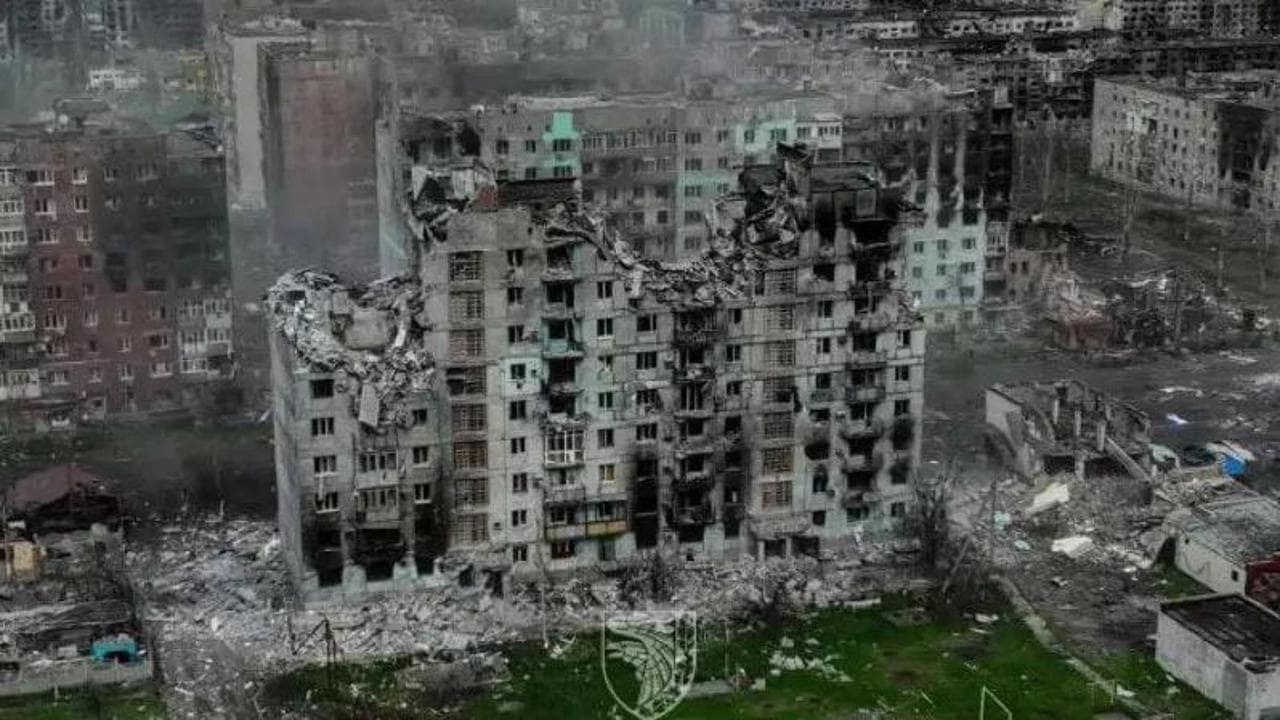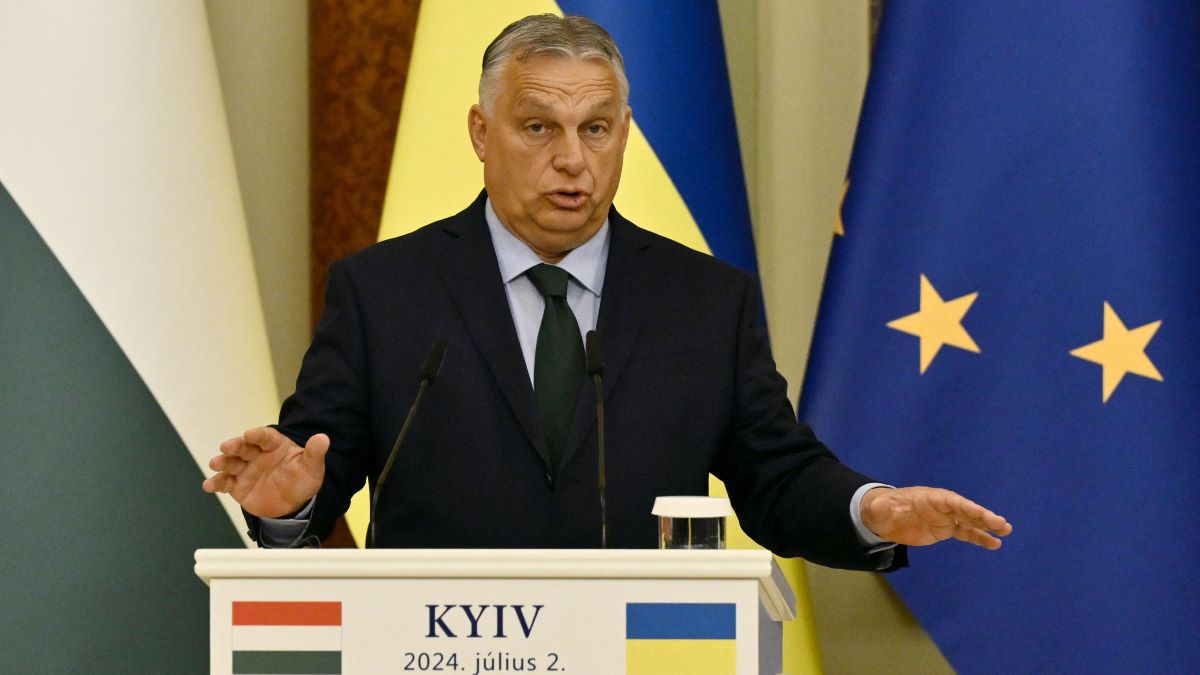In her article for Il Fatto Quotidiano, Elena Basile provides a deep and critical reflection on Putin’s rise to power and the role the West has played in this dynamic. Basile argues that the Western strategy of NATO expansion towards Russian borders, predicted as problematic by George Kennan in 1997, fueled tensions that hindered Russian democratization, instead creating conditions for centralized authority around Putin. The author highlights the perceived hypocrisy in Western foreign policy, criticizing Russian elections and then praising controversial leaders elsewhere. Basile points out that, contrary to the narrative of Russia under Putin’s sole control, there are actually multiple centers of power. However, the perception of NATO aggression has strengthened popular support for Putin. The article also criticizes warmongering rhetoric and military intervention proposals, suggesting a return to diplomacy focused on Ukraine’s neutrality and a new European security architecture. Basile warns of the risks of a prolonged war, potential involvement of other nations, and catastrophic consequences of nuclear escalation, calling for reflection on the human and strategic costs of persistent hostility towards Russia.
* * *
by Elena Basile
The plebiscite of votes for Putin was greeted with comments as predictable as they were foolish. It seems clear to me that Putin is a creation of the West. George Kennan, who effectively prevented the outbreak of war with the USSR with his containment strategy, foresaw Russia’s authoritarian regression back in 1997. The decision to expand NATO to the borders of Russia, in the words of the great strategist, not only made a new iron curtain inevitable but also shattered dreams of democratizing Russia.
It’s amusing to note how, after describing Russian elections in the worst terms, rigged, with a brave opposition that took to the streets and, strangely, was not massacred (something that happened during fascism in Italy), and dwelling on the unimpressive man with cold eyes, they emphatically tell us about the successes of the Von der Leyen-Meloni duo in Egypt with Al Sisi, a tall, dark man, a symbol of democracy experienced by a young student, Giulio Regeni, a name now archived. Evil has many dimensions. It continues also in the shameless lies that do not analyze but push towards hatred.
According to the most serious analyses, for example, those by Sergio Romano, historian and ambassador to Moscow, Russia is a democratura where not one person reigns, but there are different and sometimes conflicting centers of governance. Without a doubt, the war has centralized power. The perception, not entirely unfounded, that the country is under NATO attack has naturally rallied the population around Putin. It’s clear that social conformity and the desire to belong to the pack have aided the soldier voter. Unfortunately, we know something about this in our democracies, where now a minority votes, and those who abstain do not express themselves for fear of not being part of the majority, do not participate, and consider politics a mere exercise in power. However, this does not deter those who seem focused on the lack of democracy in Moscow. Macron‘s leaps forward on the need for NATO troops in Ukraine are consistent, in my opinion, with statements like “there will be no peace without a defeat of Russia that must withdraw from all territories, including Crimea.” Slogans that have belonged to Meloni and European governments. The French president is wavering, as he was the one talking about not humiliating Russia and a peace architecture that would allow us to coexist with Moscow. His “unbearable lightness of being” makes him change opinions according to election polls. Yet, if it’s a relief to hear Tajani stating he is against boots on the ground that would lead to World War III, we are forced to explain to him that logic would side with Macron. If Moscow is to be defeated, NATO must get serious and, as some retired diplomat suggests, risk a nuclear war.
The thinking citizen (and fortunately, there are many) would like diplomacy to take over, granting neutrality to Ukraine first and then starting negotiations that should lead to a reconciliation of the opposing interests at stake. The Russian withdrawal from the occupied territories would only be conceivable within a new security architecture, with strong autonomies to the Russophone regions, lifting of sanctions, and end of the ideological war and regime change attempts by the West towards Moscow.
The alternative is a war that drags on for years, with NATO troops on the ground, the risk of a nuclear conflict, and the expansion of the clashes because it is not certain that China, Iran, and some African countries would not send troops alongside Moscow.
We have already arrived at the end of the OSCE, the dreams of a stable eastern European frontier, the end of the special Russo-German relationship, and the economic development model based on low-cost gas. The Atlantic neoconservatives either retreat based on rationality and the common good, or they continue in their perverse logic of which Macron’s statements are the most complete expression. Russia considers the NATO war an existential threat, it will not stop until it reaches Odessa. Only then will it accept a Korean armistice. If, on the other hand, it feels weaker and fears a NATO victory, it will not hesitate to use tactical nuclear weapons. Do we want to call the bluff? And do European youth aspire to be a generation sacrificed to the irrational and not very strategic objectives of the American neoconservatives who have already lost in Afghanistan, Iraq, Syria, and Libya?
Il Fatto Quotidiano, March 20, 2024





